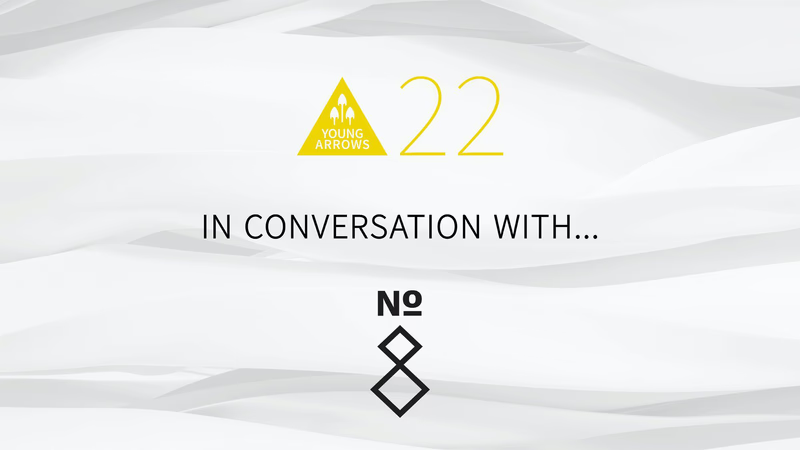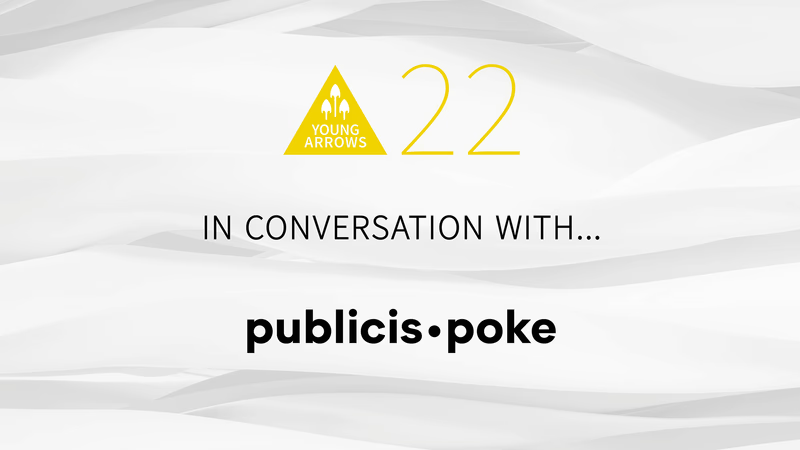In Conversation with Sue Terry Voices
15 September 2022

If you’re looking for a one-stop specialist shop that’s able to draw on the vast array of voice-over talent at its disposal – every kind of voice for virtually any kind of setting - and with the hands-on approach that matches your needs with the right voice, then Sue Terry Voices is for you.
Sue Terry works across multiple platforms, including TV, radio, video games and audio books as well as advertising, all of which multiplies into immensely valuable field knowledge and resources. Established in 1999 and with offices in the heart of Soho. The agency provides professional and experienced artists for all kinds of voice-over work. The team at Sue Terry Voices works closely with each of their artists to ensure they know exactly what they can do, this in turn allows the team to provide their clients with excellent advice and provide the perfect artist for each project.
“At STV we handle a wide range of work,” says Sue Terry. “TV and radio ads, of course, but also audio books, audio dramas, video games, a lot of documentary narration, audio guides, animation, corporate work, promos and general voice work for online.” She points to one of the biggest growth areas on voice work in the past few years. “Audio book work has grown massively just before, during and since the pandemic,” she says, “and online work and podcasts have grown, as have global campaigns.”
When it comes to negotiating the latest trends and developments in voice work, and the way those impact the work coming in, Terry points to a revival of regional voices over RP. “For many years the general direction has been towards a natural delivery,” she says. “A conversational, boy or girl next door, with a friendly twinkle and nuanced, possibly comic timing. Regional voices continue to be popular, but the old RP delivery is asked for less often these days. Even just before lockdown, a white man in his forties with authority and gravitas and an RP delivery could guarantee regular work. This is now much less likely.”
As a result, the world of voiceover is drawing on new demographics, and a wider diversity of voices chosen to be the voice of a brand, reflecting changes and multiple initiatives across the industry in the wake of social movements such as BLM. In fact, says Sue, her company was positioned well ahead of that curve. “Things have changed dramatically in terms of casting for TV and film roles and that has been mirrored in advertising,” she says. “We’re seeing a broader range of faces and voices on our screens, and this has been great for us, because we’d anticipated this shift, so we already had a diverse roster drawn from the acting world but also radio broadcasters and live DJ’s plus stand-up comedians.”

The market for women’s voices has risen markedly, too. “Before MeToo, the demand for male voices was nearly twice as great as for female, but demand is more even these days,” she says. “That is across the board for all kinds of voice work. It seems that there’s a much wider range of heritage in terms of both race and socio-economic roots represented,” she adds. “This trend is giving young people who may not have been able to afford higher education a way into the creative world. Which is fantastic news, given how expensive it is to go to drama school, which has always been a very middle-class environment. However, I think the move towards seeing disabled actors on screen and in content and advertising is slow though.”
That sense of the authentically everyday, of a brand voice being the voice of someone you might meet in the local pub or coffee bar, rather than from the rarefied environs of RADA, goes hand-in-hand with the drive towards inclusivity, from both audiences and the brands who court them. Artifice is yesterday’s news. “There have always been briefs asking for actors who don’t sound like actors,” says Sue, when asked what clients are looking for when they come to her with voiceover work. “Or course the best actors don’t sound like actors, they sound like someone you could trust, who you could confide in and relate to. A lot of the young actors and comedians these days are more likely to have a regional accent and have kept their unpolished way of speaking. This is great for us and for advertising, because consumers don’t want to be ’talked down to’. We have recently recruited actors who are trained but not in the traditional big drama schools in London that tend to try and neutralise a regional accent or a ’neighbourhood’ voice.”
Sue Terry’s emphasis on engaging talent from new channels, from previously excluded cultures and backgrounds, makes Sue Terry Voices a perfect fit with the ethos of the Young Arrows. “They’re a vital element of the evolution in the creative side of the industry. Without the creatives, none of us would have a job. And younger people look at things differently. They don’t have the filter of years of looking at the same old stuff. The eye of a creative under 30 is fresher but needs encouragement to keep going, and support to do something different and interesting. That’s why I am sponsoring the Young Arrows.”



